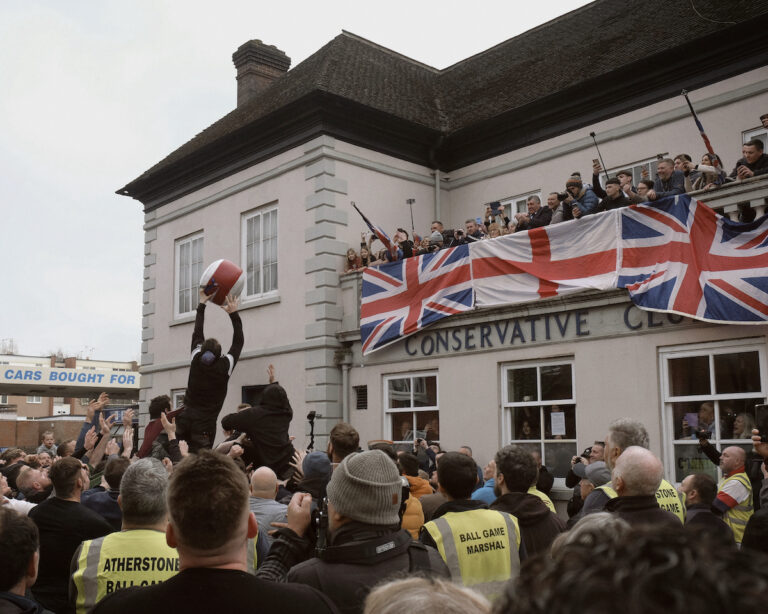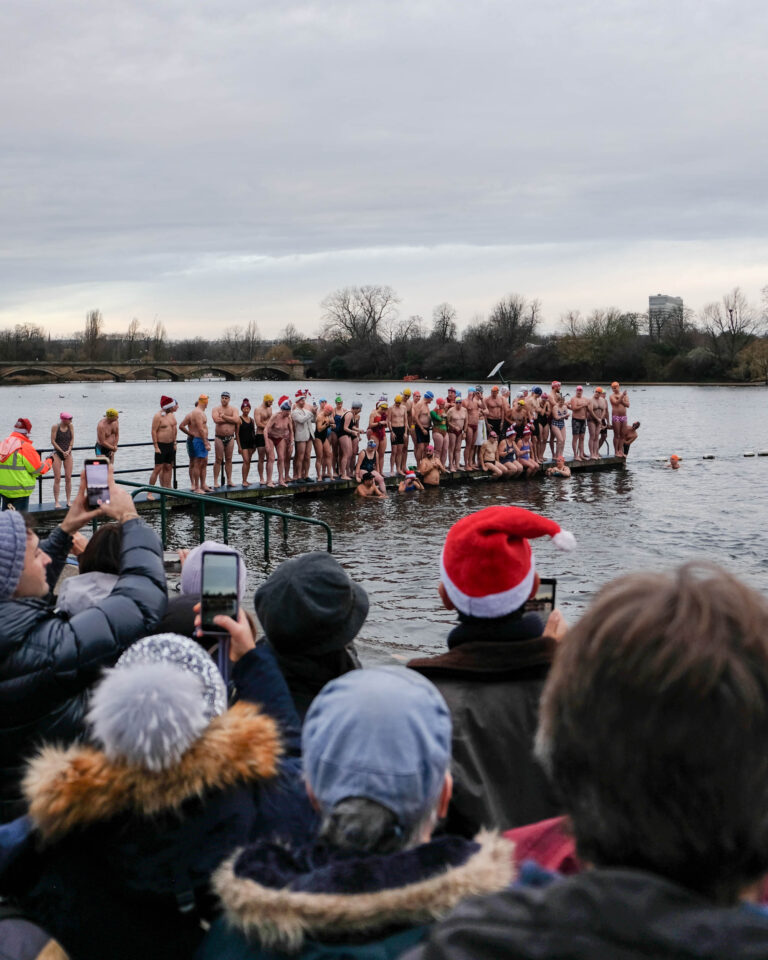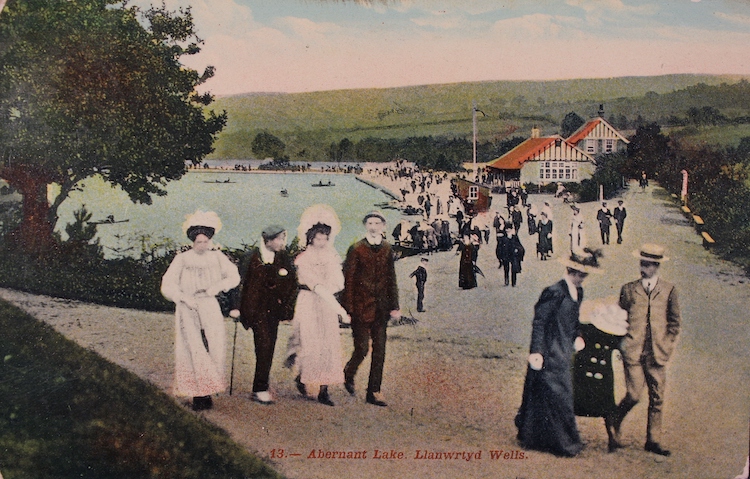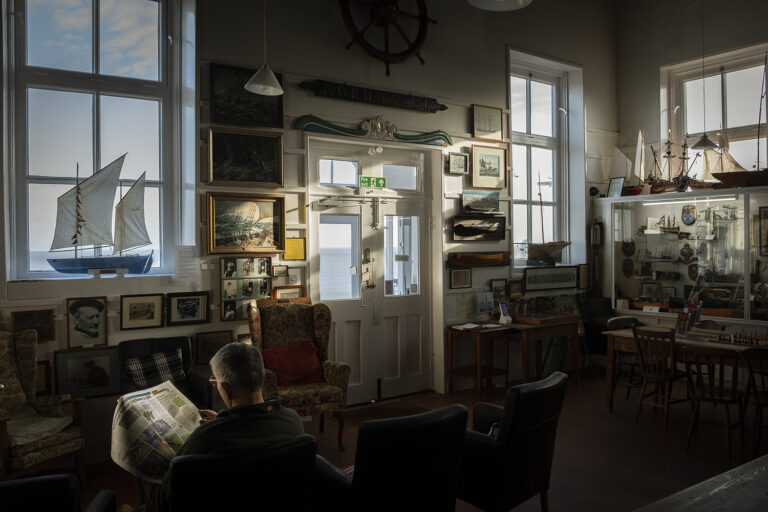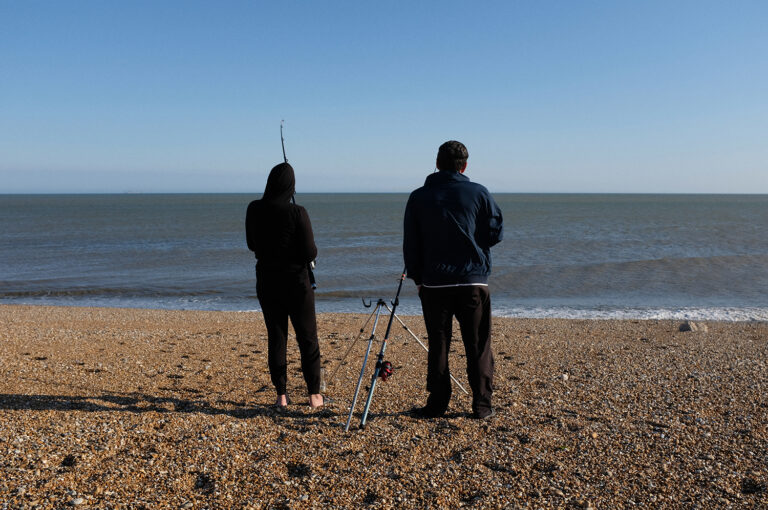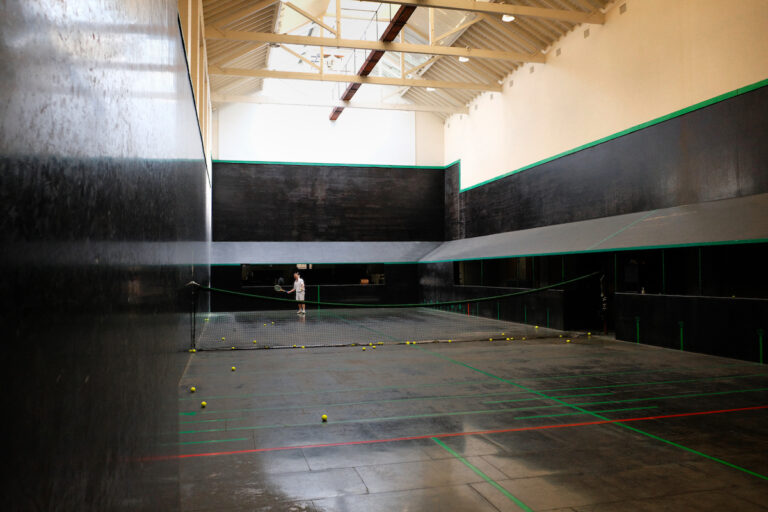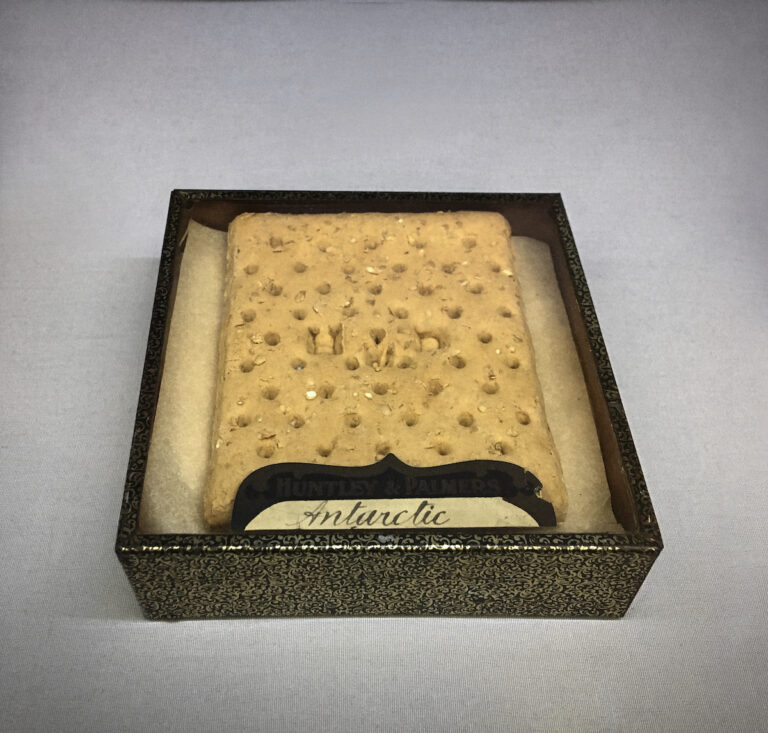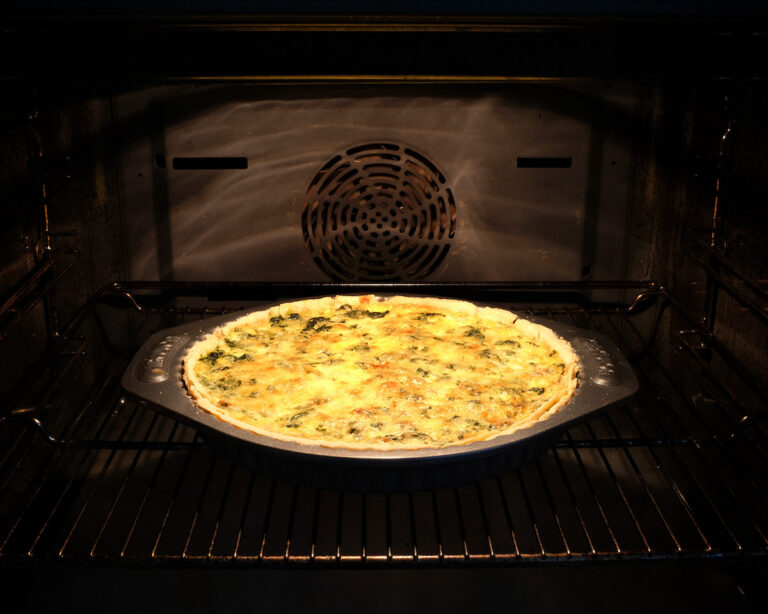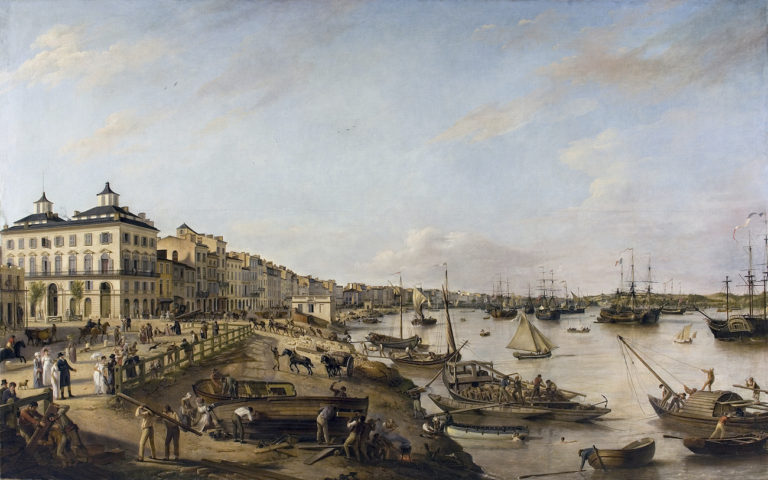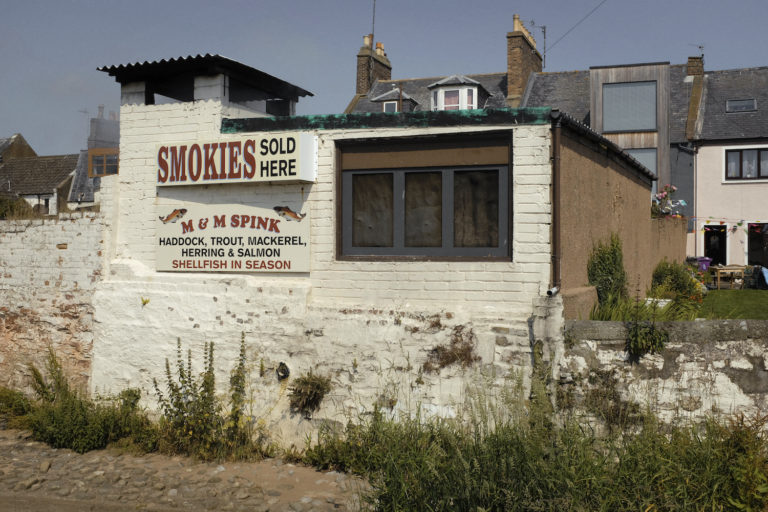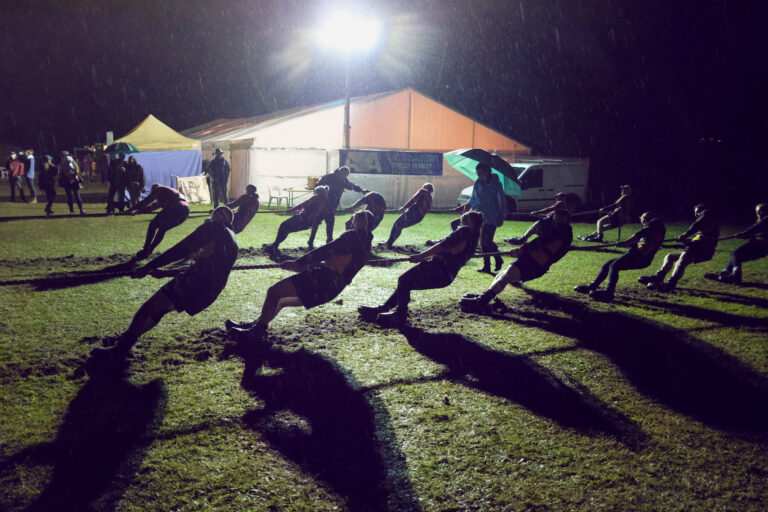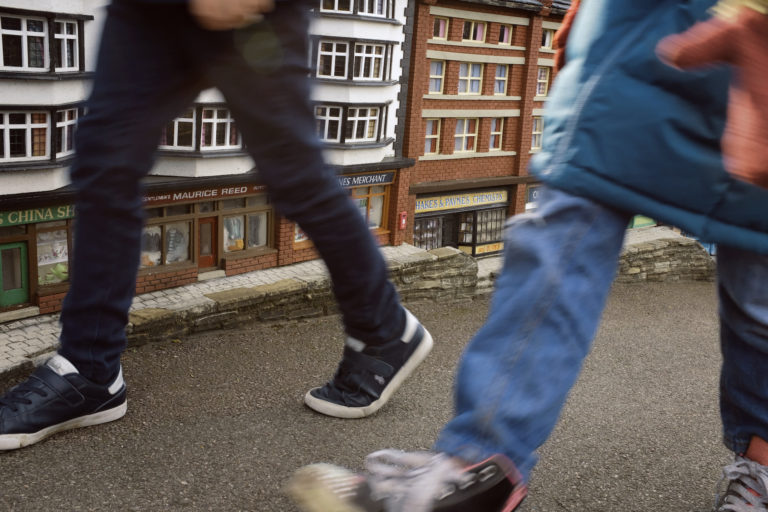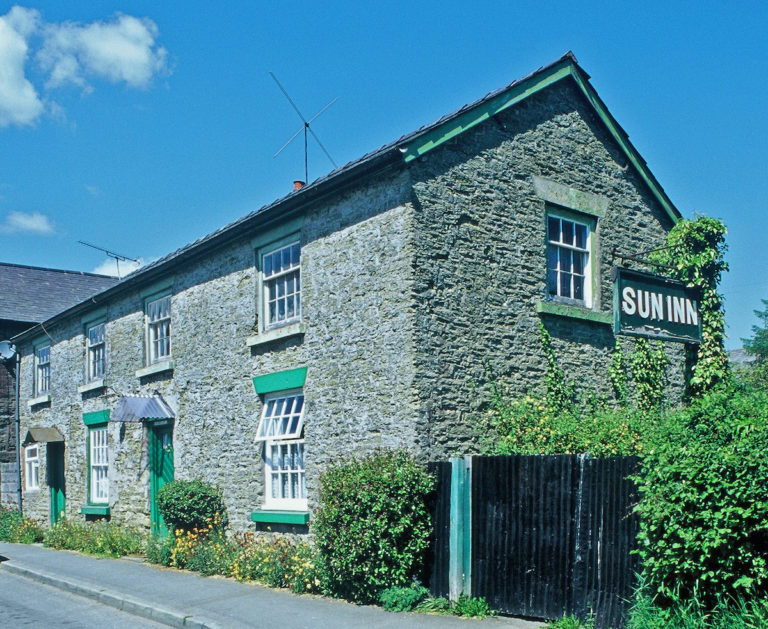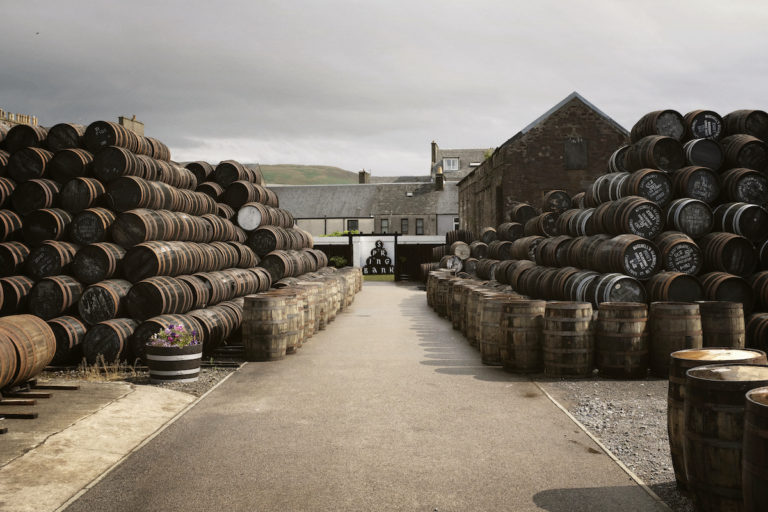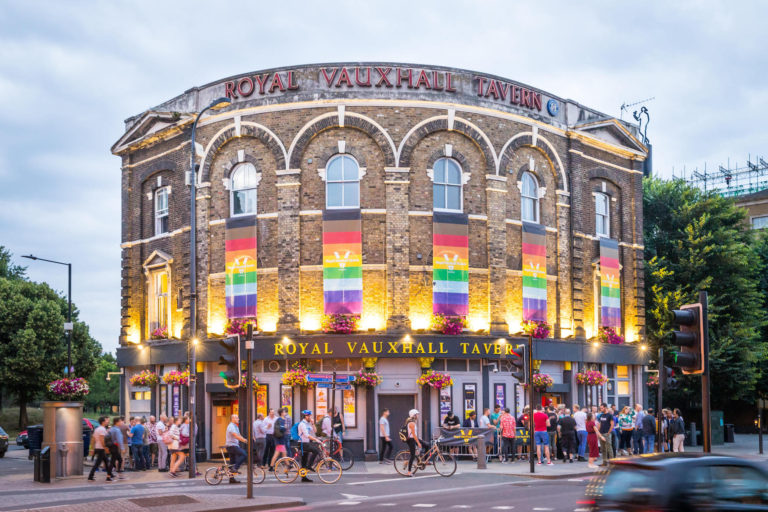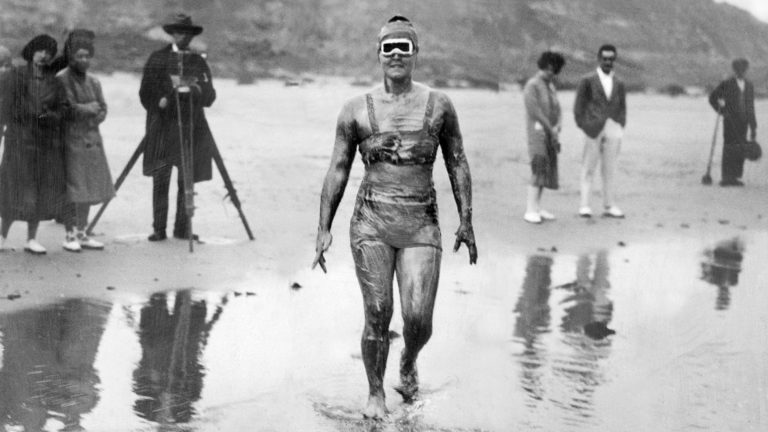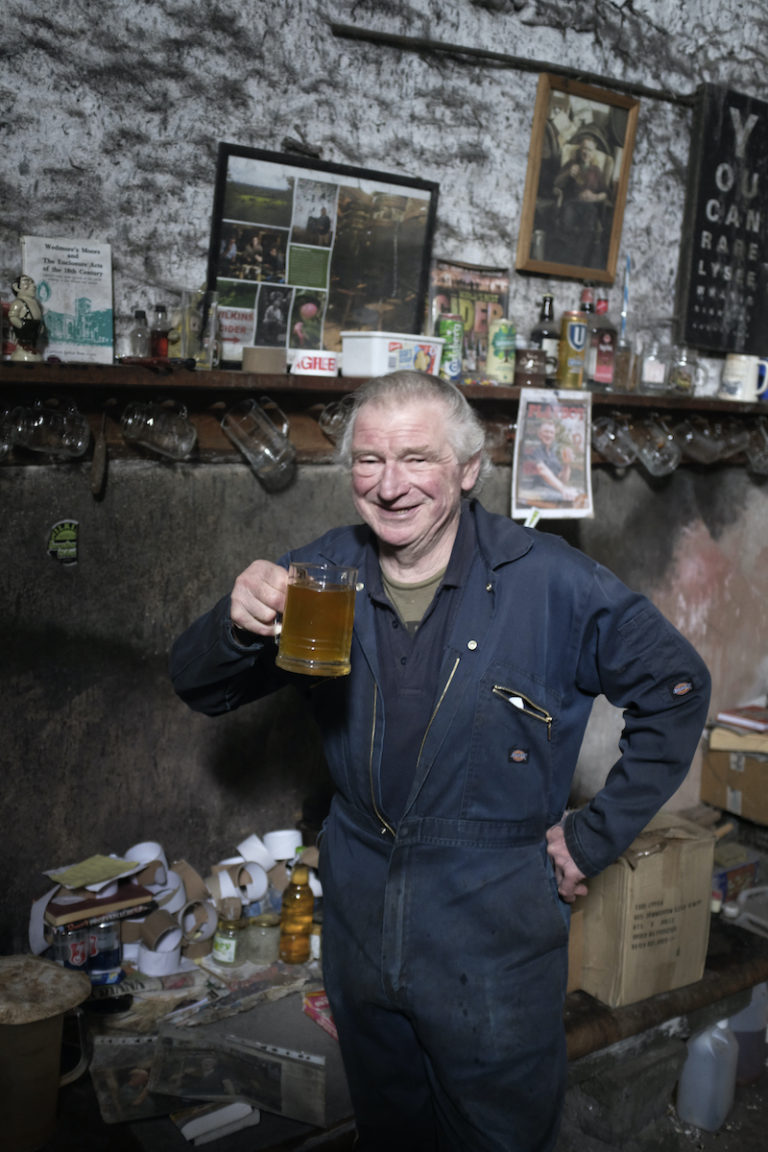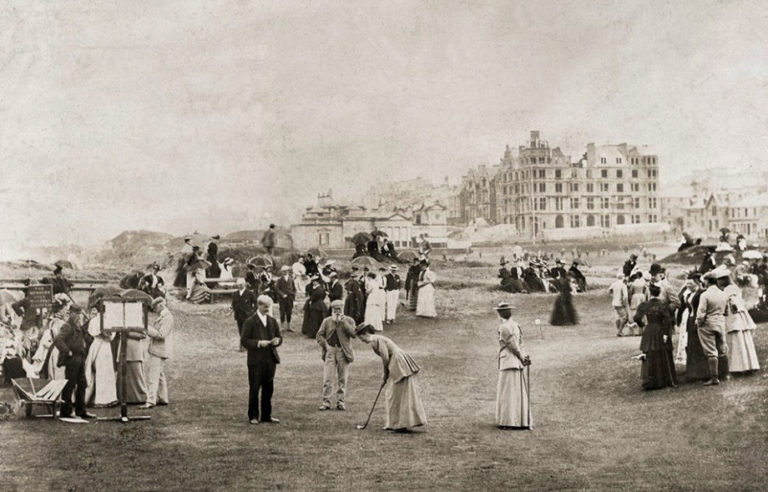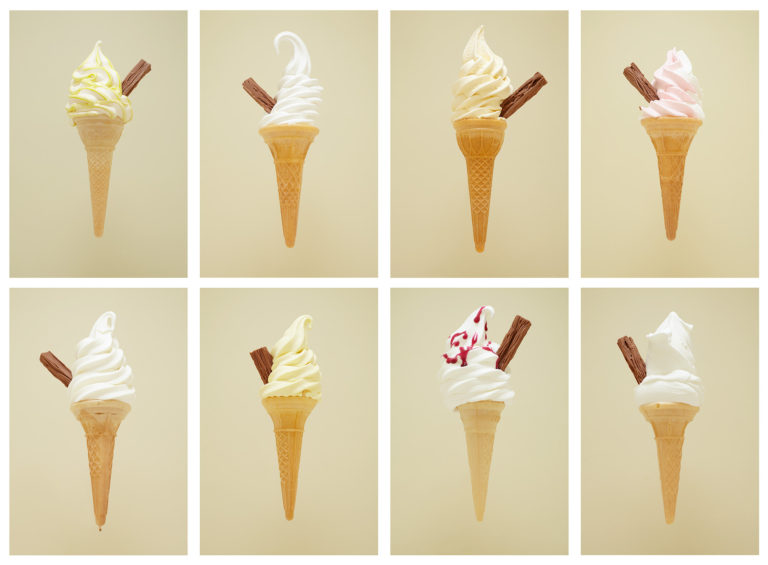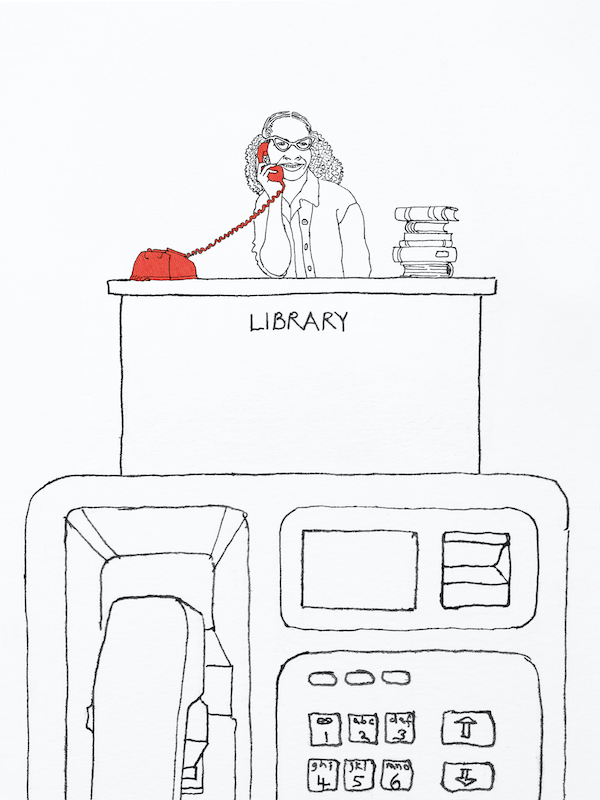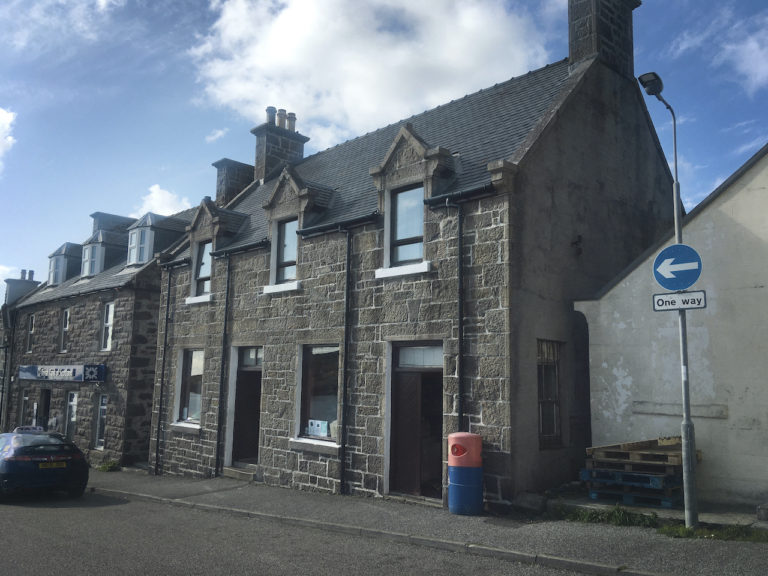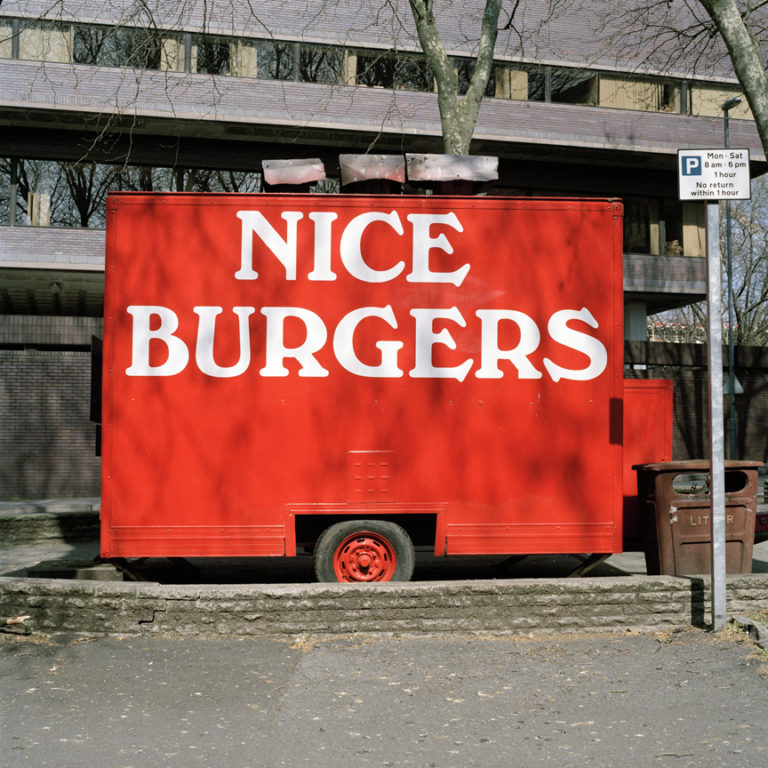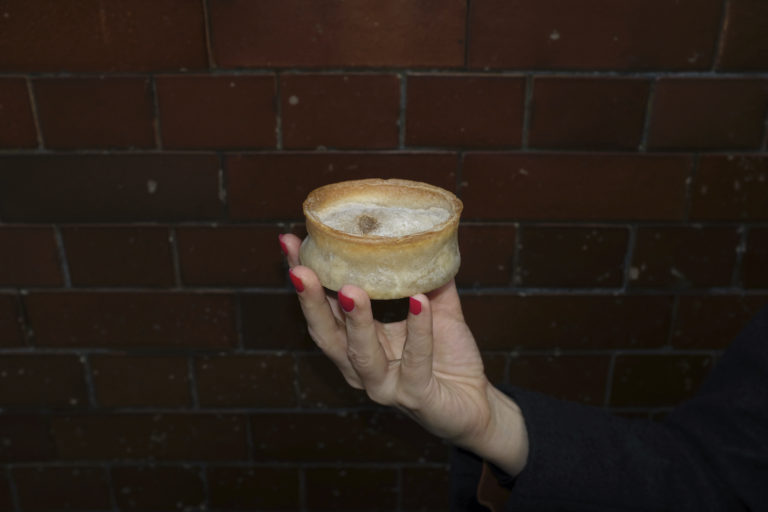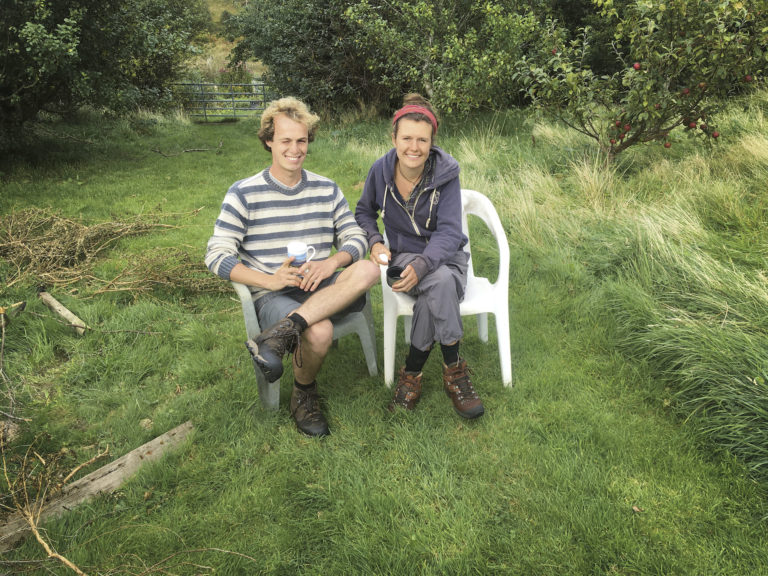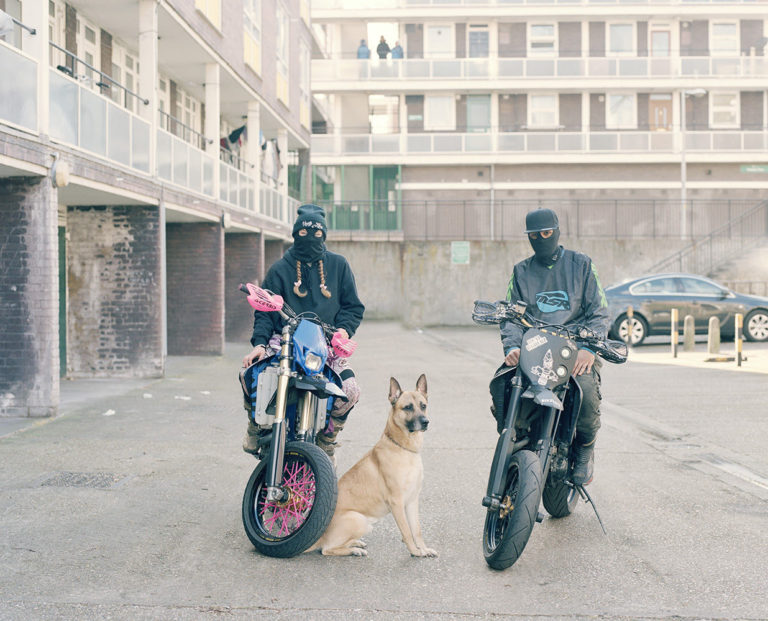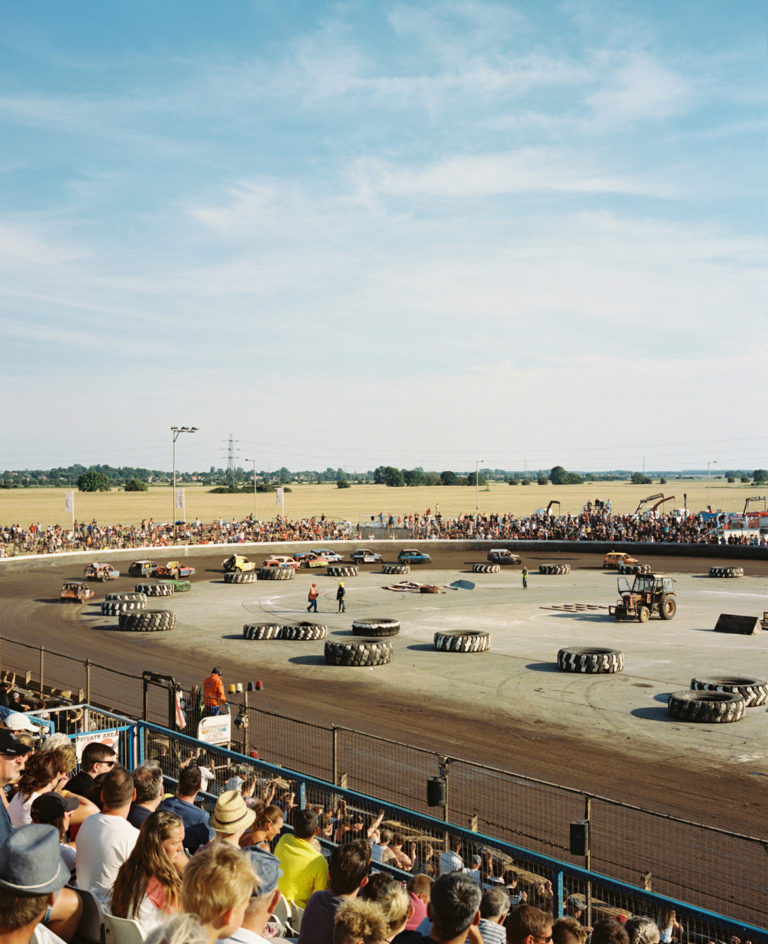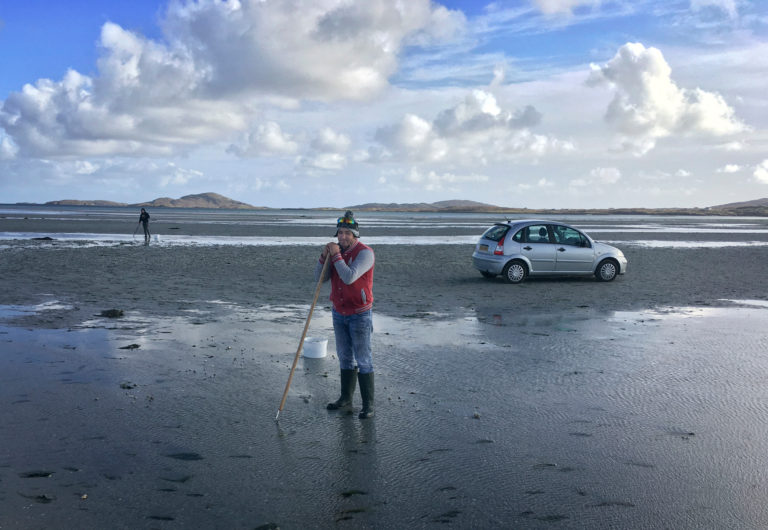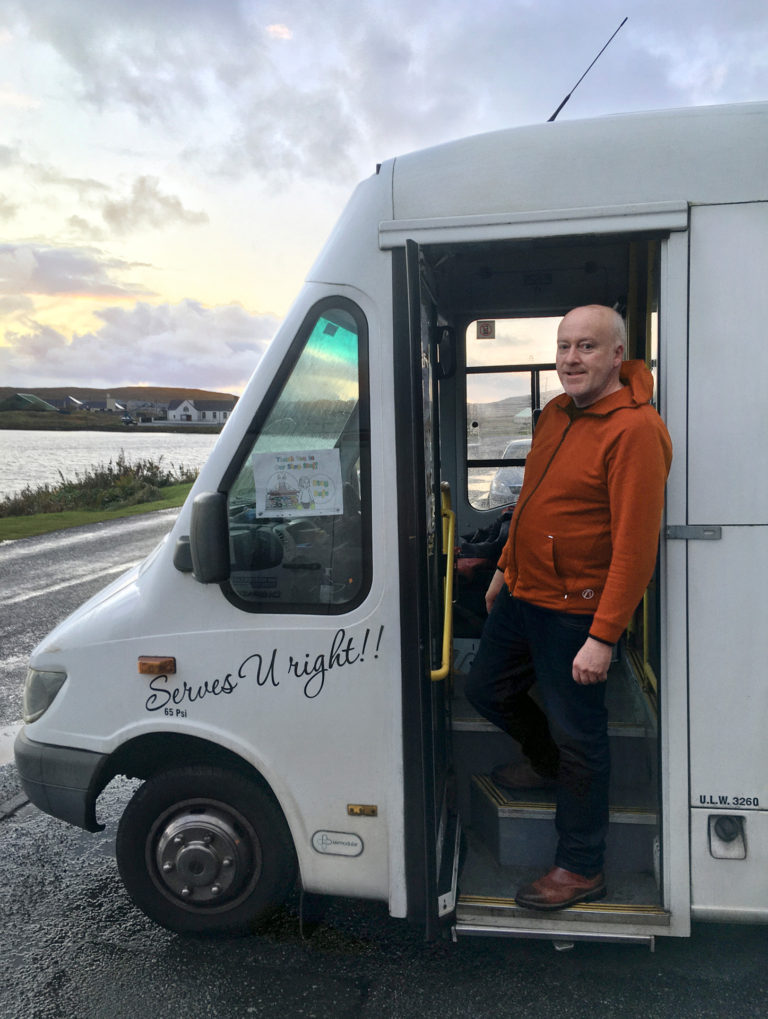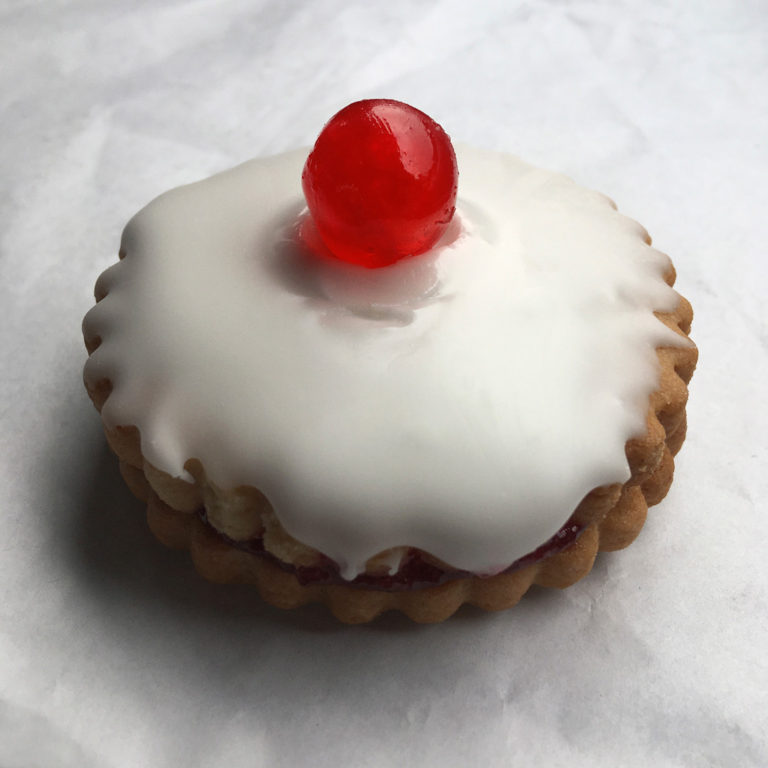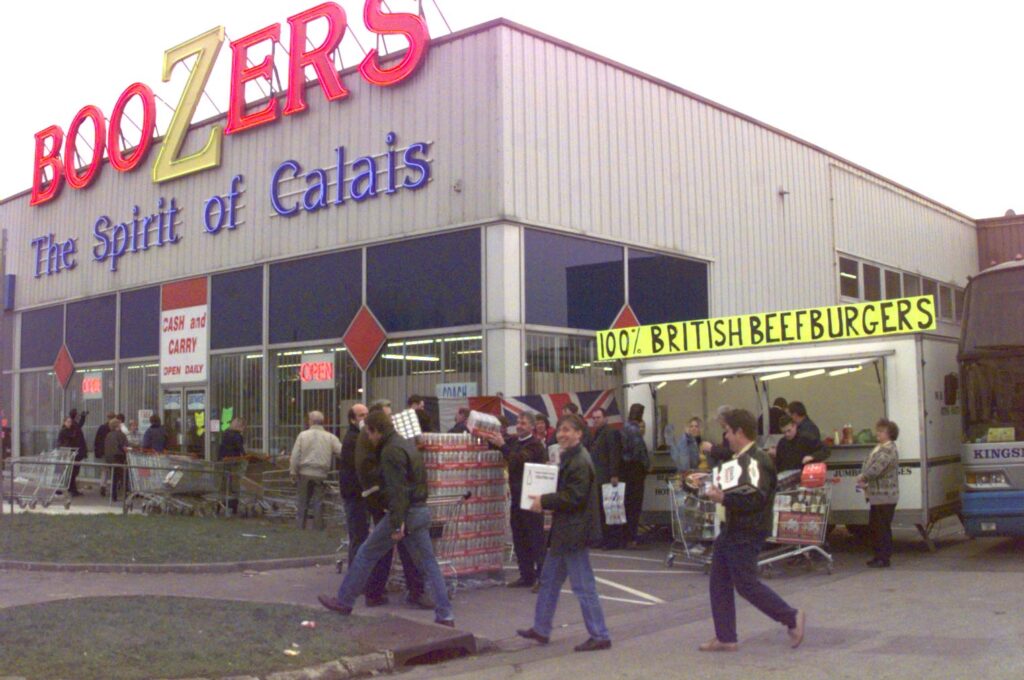
Images as credited, words by The Coracle
In the 63rd episode of Only Fools Horses, Del Boy and Rodney combine a trip to scatter Uncle Albert’s ashes at sea with bringing back a lorry load of booze to sell to their local pub, the Nag’s Head. They weren’t the only ones on the make though…..
Looking out from the top of the White Cliffs of Dover, on a clear day you can see France shimmering in the distance, with a pair of binoculars you might even spot the Calais Wine Superstore. From the 1980s onwards, booze cruises were all the rage, debated in parliament, and enjoyed by the masses. What exactly were they? Can you still do a day trip to France and come back with more booze and fags than you can drink and smoke in a year?
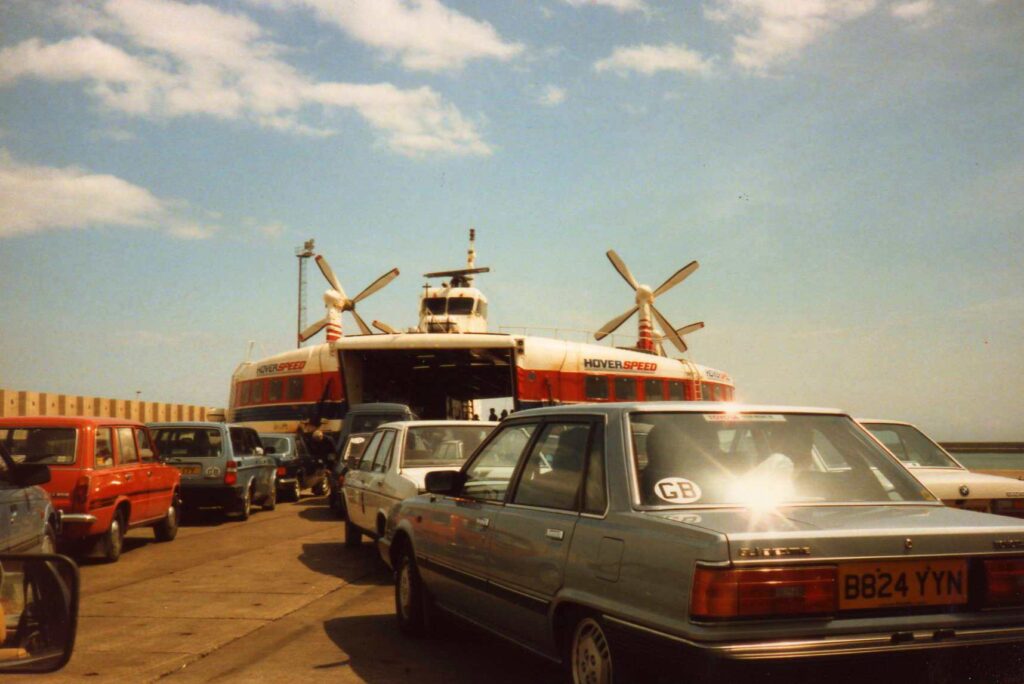
The basic principle is that you pay much less tax on alcohol bought in France or when in International waters, hence ‘duty free’. The cross-channel ferry business catered for people hopping across to stock up on the continent, like a trip to Aldi but more fun. Usually it was a day trip, staying overnight was missing the point. The Brits were taking advantage of a cultural attitude to alcohol which was seen as integral to life in France but a soft spot for raising tax revenues in the UK. Fags were much cheaper too but ‘Fags Cruise’ doesn’t quite have the same ring to it does it?
The main destination was Calais, only 21 miles away, at this the narrowest point of the English Channel (or Le Manche depending on where you are standing). From 1347 – 1548 Calais was English and known as the Pale of Calais, a gateway for tin, lead, lace and wool it even had representatives in parliament. When the French won it back, Queen Mary said; ‘When I am dead and opened, you shall find Philip [her husband] and Calais lying in my heart’. She might not have been quite so effusive about the Calais of today. It’s hard to type the word Calais without mentioning immigration or Brexit but I’ll do my best.
The first reference to a ‘booze cruise’ of this type was possibly in a 1980 edition of the Liverpool Echo and the glory days lasted until the late 90s. Huge wine and beer warehouses opened up on Calais’ outskirts, many were English owned and 95% of their customers were British. ‘Eastenders’ in particular seems to generate wistful memories for some. Ferry fares were as little as £1 for a car with four passengers and so began the national newspapers obsession with regular offers. The Daily Express loves a price breakdown to tell you exactly what you might save on your 2 cases of Yellow Tail. The Guardian likes a sideline on a ‘Posh Booze Cruise’ in search of Perle, a fizz made from local fruit. There was something for everyone.
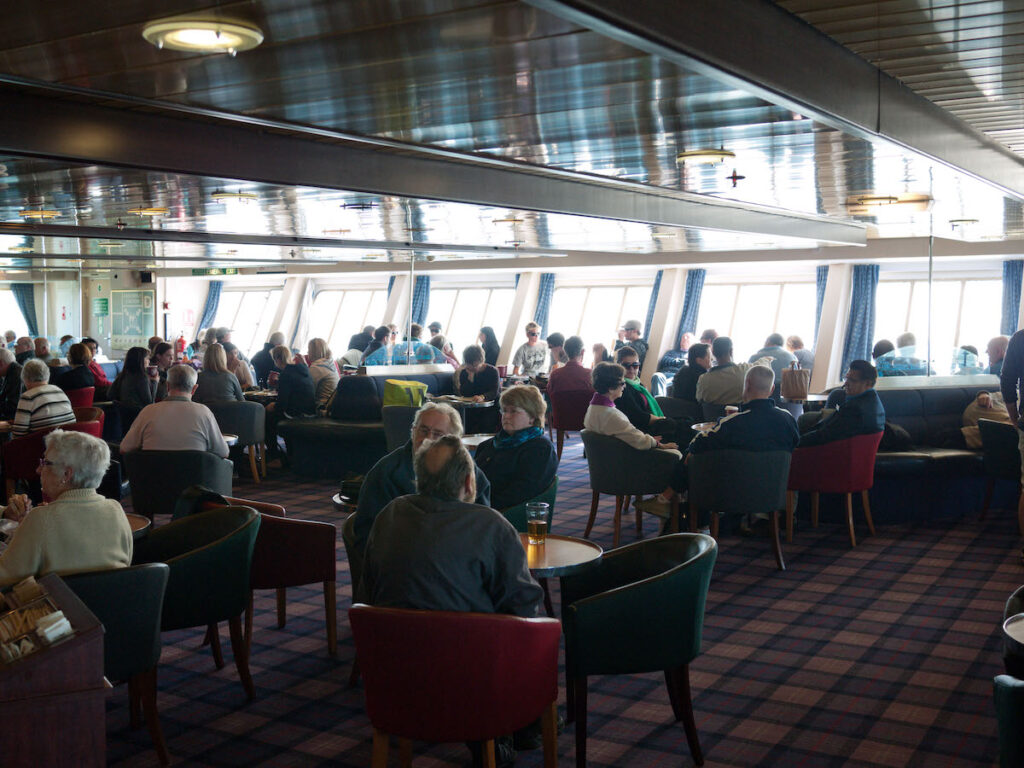
By 1999 duty free was banned when travelling between countries in the EU, even for personal use. It’s probably Del Boy’s fault but bootleggers and fag runners took their toll and the tax man was losing his. It’s estimated that around four billion pounds per year was being lost to the exchequer. As Sue Quinn has written; ‘the final few hours of duty free shopping……looked like last orders before the end of the world’. By 2001 the number of vehicles confiscated by customs staff for exceeding the new allowances had trebled to more than 170 a week.
Historically, it wasn’t just channel hopping Brits. In 1920s prohibition era America you could take a ‘cruise’ three miles into international waters to drink alcohol. It’s now called a party cruise. In current day Scandinavia, Finnish and Swedish ferries dot the Baltic Sea with many drunken punters not even leaving the boat. As Vice magazine says;‘experiencing what another country has to offer – or even just getting from A to B – isn’t the point of a party cruise’. In 1950 the Scottish writer George Blake used the term ‘booze cruise’ to describe car and busloads of people dodging the stricter Sunday drinking laws and heading to Scottish resorts to get trolleyed.
Offshore off licenses were also briefly a thing. In 2004, the sailing ships Rich Harvest and Cornish Maiden cruised the aisles of a hypermarket on Germany’s Heligoland islands, bringing back ‘duty free’ alcohol to Hartlepool. Customers needed a boat to go out and collect their harvest. After much legal debate, press coverage and a bit of customs back and forth, this unusual situation was terminated with customs declaring that a duty free allowance could only be claimed if you had been abroad yourself. All very British in the vein of Whisky Galore or an Ealing comedy.
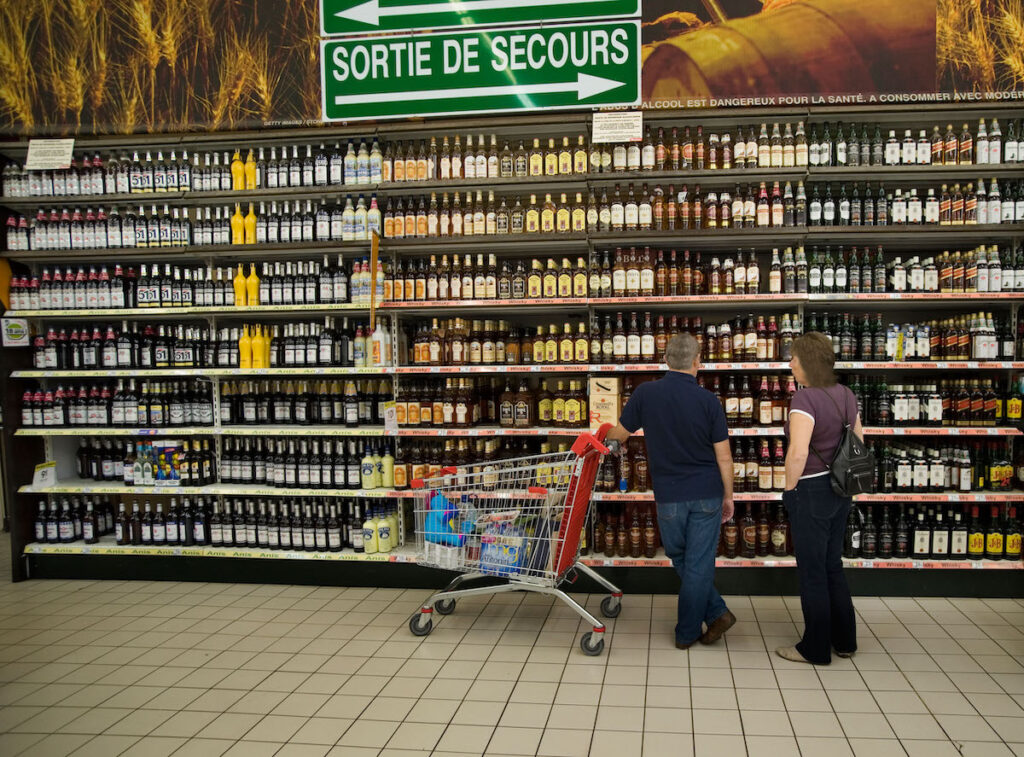
So what’s the current deal? Even with the Chunnel, check in times and security clearances make the journey a fair bit slower. The 35 minute crossing on a Hovercraft is long gone. Post Brexit (sorry), customers are now limited to 24 bottles of wine, 12 bottles of bubbles, 42 litres of beer and four litres of spirits and liquors. That’s still enough to keep most of us going for a few days, and the quota is per person rather than for the whole party. Considering the low prices in some of the UK’s supermarkets, you need to do your homework and check the strength of your pound. Some places allow you to claim back the VAT but not everything is the bargain it once was, spirits in particular are cheaper on the ferry than on land.
Calais’ Wine Superstore, established in 1993, still has that old school pile em high feel. On the opposite side of town, Olivier’s is classier but more expensive. The French owned Cite Europe has a huge Carrefour so you can get your cheese to go with. For many the new booze cruise is more of a weekend experience with an overnight stay a bit further inland. The Coracle recommends the beautiful hilltop town of Cassel where Anneline and Yann at Mont Di’Vin will navigate you between your Bordeaux and your Burgundies. Del Boy’s wise words still ring true though; ‘Things in here are probably a euro or two cheaper Rodney’.
